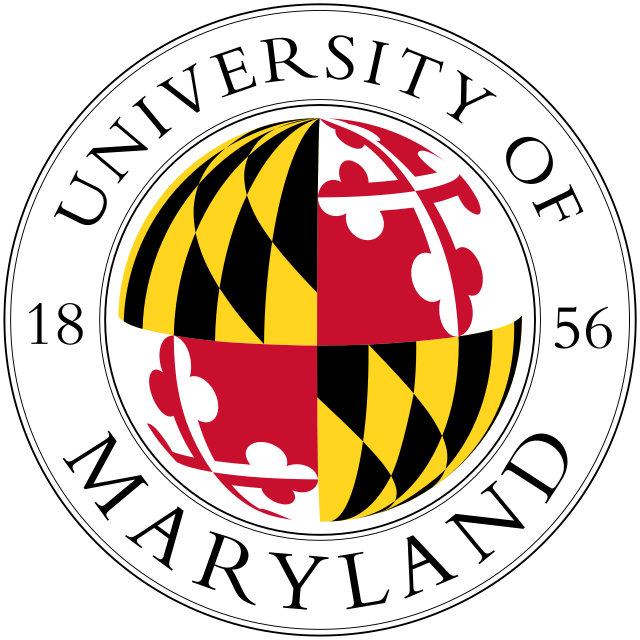Event name:
Responsible AI: Can LLMs be Sustainable?
Event time and place:
4 p.m. Oct 30, 2024 in Thurgood Marshall Hall 0301This conversation was jointly hosted by the CPS Data Justice and CPS Environment, Technology, and Economy programs, and was led by UMD and ETE alum and Senior Manager of Emissions Reduction at Salesforce Boris Gamazaychikov. The session lasted about an hour, including time for some questions from the audience at the end.
I arrived at the lecture room a few minutes early and was excited to be greeted with snacks and drinks available for students, likely serving as a ploy to incentivize more to attend voluntary lectures more frequently. I poured myself a cup of lemonade and sat in the middle row eager to hear what an expert had to say about AI's intersection with environment. Gamazaychikov, the speaker, started by recounting his journey to working on sustainability in AI; starting as an Environmental Engineering major at UMD, after time he realized the field's heavy focus on human benefit at the potential cost of the environment seemed limiting.
He discussed his career, including a job working on a water management project for the Pentagon. However, he noted their funding for environmental research practically "went out the window" after the 2016 election due to the newly elected government officials becoming less interested in environment-related projects. This led him to find roles that allowed him to directly advocate for sustainability, working as a contractor for various companies and helping them attain Green Building Certification.
It was through this venture that Gamazaychikov began working with Salesforce, first as a contractor then later as a full-time employee. Hired to focus on helping the company cut carbon emissions, this is where he first learned of LLMs. He discussed the challenges of incorporating AI into a sustainability-driven mission. Although we as consumers don't directly see any of the effects when we interact with models like ChatGPT, Gamazaychikov made it clear that many of the most popular AI models today have used up an immense amount of energy to train, directly translating to fossil fuel emissions. I was shocked to learn that generating a single AI-generated image can require as much energy as charging a phone from 0–100%.
Gamazaychikov made it clear he thinks LLMs can be sustainable. He believes we can pursue efficiency by specifically choosing apt models and predicting server usage on a case-by-case basis to help reduce emissions. Although many in AI development push for maximum growth, prioritizing progress despite environmental impact, Gamazaychikov advocates for "Frugal AI" — a philosophy from France that AI should only be used where necessary. He has proposed ideas like implementing an "AI Energy Score," similarly to the "Energy Star" certification for electronics, where consumers are empowered to gauge the environmental footprint of different models before using one and make a more informed decision.
One notable point he made was that training is the most problematic aspect of AI models currently. One proposed data cluster – an AI model training session — planned to operate in the next few years will run primarily on fossil fuels. Projections indicate this cluster alone could potentially increase the U.S.'s carbon emissions by 12%. Since many companies invested in AI, such as Meta, have released open-source models, training sessions aren't necessary for every new model that releases since it has likely already been completed in an open-source model companies are going to use.
Before closing the Q&A section of the lecture, Gamazaychikov left us with advice for the uncertain future: "Stay hungry for knowledge." My experience left me with the impact that I now realize sustainable AI development will require intentional, collective efforts across the AI industry and also among consumers. Reflecting on UMD's goals to achieve carbon neutrality in the near future, it's clear that balancing sustainability and AI's great potential at UMD will require difficult and strategic choices to truly come to fruition. This lecture left me cautiously optimistic about the future, while aware of the urgent steps needed to prevent technology's growth from undermining our planet. We know what needs to be done. We just need to do it before it becomes too late.


